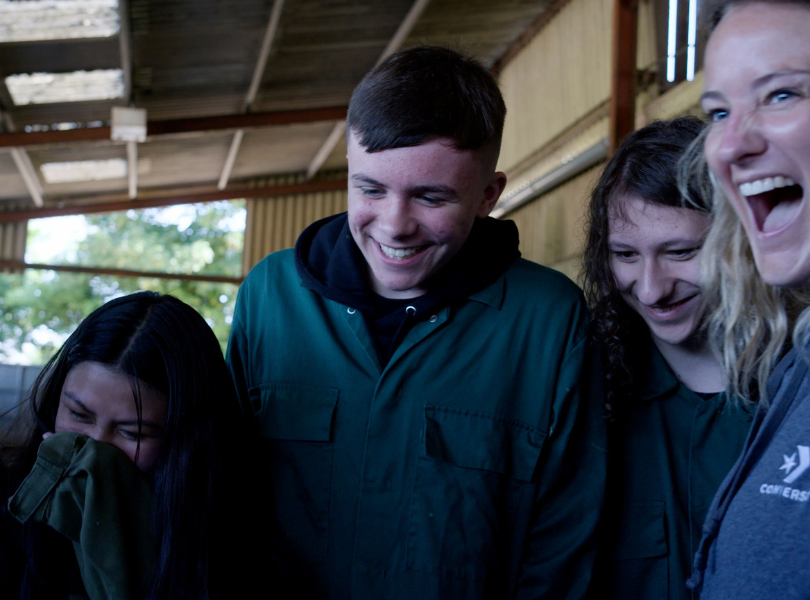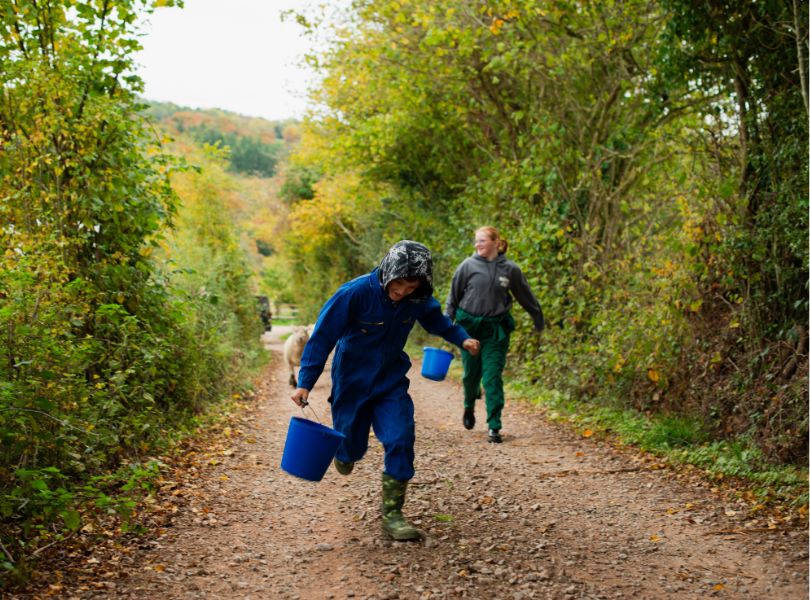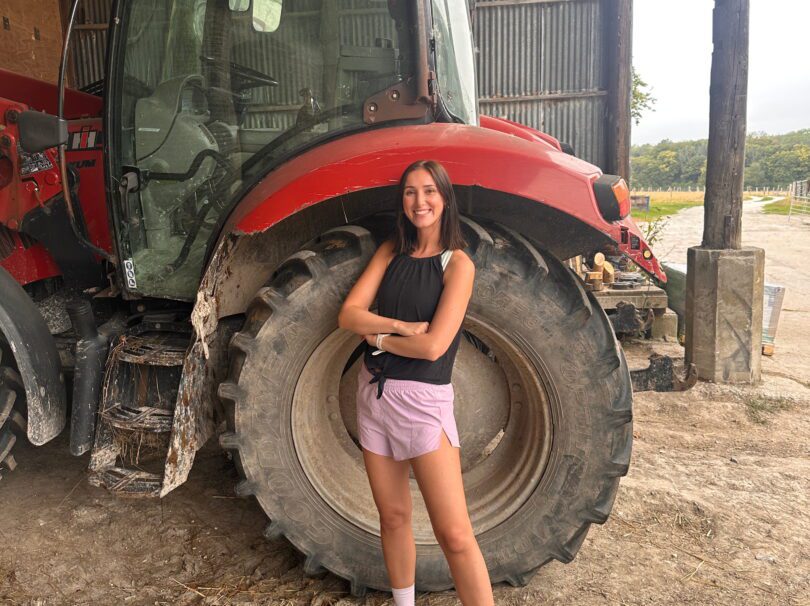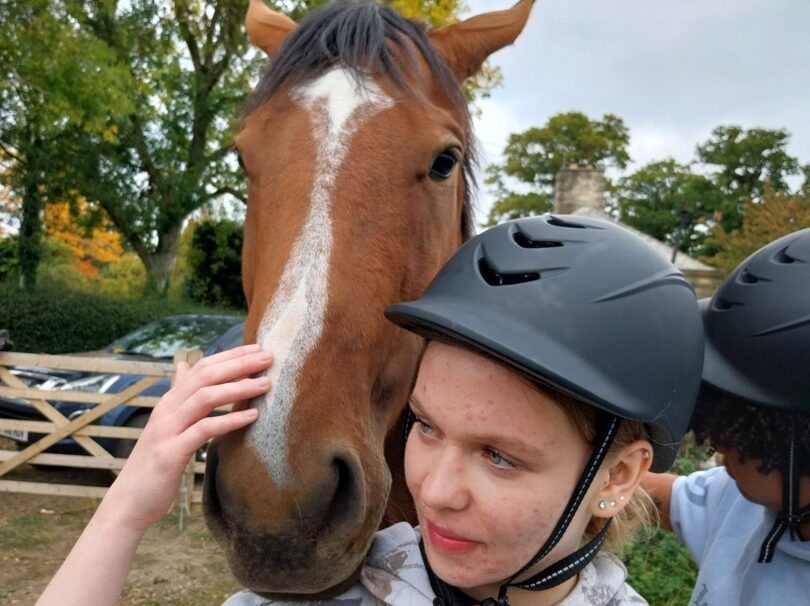In November last year I wrote a blog post questioning how well our schools prepare children for their futures. Today I had the pleasure of talking to ex-teacher Lloyd and current teacher Serafina about what schools are doing or could be doing to prepare young people for the working world and life’s challenges. Lloyd trained to teach English with Teach First at a large comprehensive in London before teaching in Dubai and finally becoming a consultant with Deloitte. Serafina has just completed her Teach First training as a teacher of languages at an academy in Leeds and is about to move into alternative provision.
If we could pack a bag on leaving home to equip us for life, it would most likely contain a store of resilience, good social skills, emotional literacy and an ability to creatively rise to challenges. Schools are feeling the pressure to always do more, but maybe it’s time to take stock and think how we can prioritise helping develop essential qualities for survival, but even more for making the best of our lives and all that we come to face. We could start by tapping into the positive aspects of children’s natures: harnessing their creative thinking, building on their best social instincts, utilising their enthusiasm, their humour and their collaboration.
When he moved into industry Lloyd found that a thirst for knowledge, self-management, communication and collaboration skills were the qualities employers looked for in successful employees. As we talked, Lloyd reflected on the fact that children naturally have many of these qualities but that the demands of the curriculum leave little room for them to hone these at school. Teachers are under pressure to get results and to “catch-up” post pandemic rather than explore the soft skills essential to the working world with their classes.
Serafina, a Spanish teacher, talked about the end-of-term projects that allowed her students to use their collaborative skills and thirst for knowledge, lamenting the fact that these activities get left to the end of term when the usual curriculum is safely completed. She also reminisced about an equality week organised by Y11s culminating in a catwalk where students sported traditional dress from their home cultures. The sense of adventure, creativity, compassion and fun at this event was generated completely by the students.
Self-confidence is key to development and schools have such potential as places of collective support. They can, and many do, build a sense of belonging; celebrating differences, rather than emphasising them. Initiatives such as Big Education and their flagship school, School 21, are a great example of how schools can prioritise nurturing the child as a whole whilst still getting great results and satisfying OFSTED. Allowing students to be the driving force behind a school’s culture, rather than passive participants in it, might be the best preparation they could have for adult life.
Tish Feilden
Regenerative Education: Episode 3
Listen below or select a platform to listen on here.
If you don’t already, you can follow Tish and Jamie’s Farm on Twitter here: @JamiesFarm and @FeildenTish



